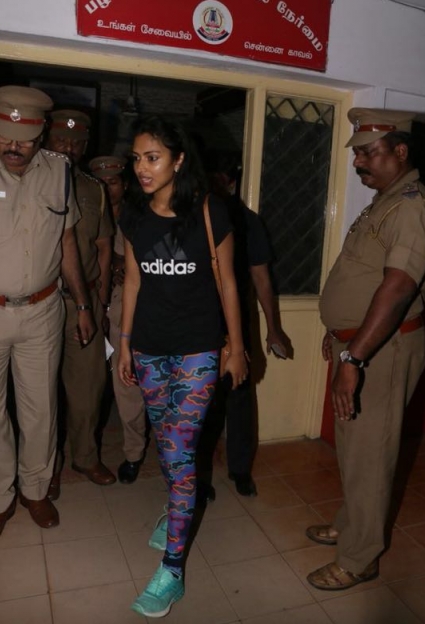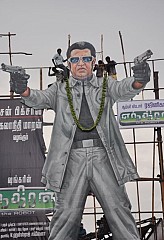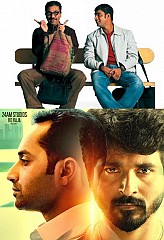

Gaspar Noe's 2002 movie, Irreversible, created quite a stir at the 2002 Cannes Film Festival for its divisive content. Three people among the audience fainted during the screening of the film and they were too petrified to talk for some time after the screening. The movie was notorious for its 10-minute long graphic rape sequence of the female protagonist. The scene is considered as one of the cruelest and most repugnant depictions of sexual violence in the history of cinema. The controversial scene had also sparked a heated row about the representation of a woman’s body onscreen and viewers’ role as the partners in crime.
How does a sexual assault on a woman onscreen differ from that offscreen? Finding answers to this problematic question leads us to the similarities between spectators of real crimes against women and the viewers enjoying an act of sexual violence onscreen. Female actors and their controversial representations as objects of desire often come to the front when there is an unfortunate event of an attack on a celebrity. Irreversible and the divisive reactions it generated among viewers also trigger another thought about the hundreds of thousands of physical and emotional assaults on women happening around us.
According to a 2016 report of the National Crime Records Bureau, 39 crimes against women were reported every hour in India. In light of this, the latest incident of an attempted assault against actress Sanusha is an unsettling one. The actress was reportedly attacked on January 31, 2018, in a moving train. Reports also say that none of her co-passengers, except two men, moved a finger to help her. Nevertheless, the brave actress caught the attacker, called for help immediately, and got justice.
Just previously, reports of another harassment attempt on actress Amala Paul surfaced online. Like Sanusha, the actress had taken a bold stand and filed a complaint. Latest reports say that the culprits in both the incidents have been booked by the authorities. The two incidents kindle memories of the controversial actress-abduction case that shook the foundations of the Malayalam cinema industry last year. Soon after that, the #MeToo campaign tore apart the gender inequality prevailing in Hollywood and ignited a number of explosive revelations about sexual assaults and harassment at the workplace.
An interesting common factor in these latest developments is the concerned women taking bold stands and pointing their fingers at the culprits. Even though some may define it as a new wave of feminism, in a broader sense, it is an over-arching political and social movement that is not restricted just to women. Such a wave of a new political consciousness was at the centre of the formation of India’s first women’s organization in a film industry, the Women in Cinema Collective (WCC) in Kerala. Actresses from other film industries are also coming out questioning the representation of their femininity onscreen and exploitation of their gender identity offscreen.
Such bold initiatives and movements also gather considerable support from the menfolk. Amidst the widespread air of gender awakening, there is a disheartening trend also exists on the sidelines. Sanusha reportedly said that none of the passengers in her compartment did anything to stop the attacker. Many of them would have posted a hashtag on their social media profile had anything unfortunate happened. Such self-centred, social media activism kills the spirit because these brave women need more ground support that just hashtags. Especially, since a larger section of contemporary India still believes that being raped or molested is the woman’s fault.
Gone are the days of amorous stalkers hailed as heroes and symbols of eternal love. At the turn of the political consciousness, they can be tried and convicted for violations of human rights and other criminal offences. When Gaspar Noe's Irreversible screened at the Cannes, 200 people out of the 2,400 people present at the premiere walked out. If the 10 minute long explicit sexual violence of the female protagonist was unbearable for a few viewers, hours-long footages of implicit emotional and physical violence against women in Indian cinemas are destined to be censured in the near future.
Behindwoods is not responsible for the views of columnists.

OTHER LATEST BEHINDWOODS COLUMNS
RAGESH DIPU'S OTHER COLUMNS
- A question at the time of the theatre shutdown: Why are we going to the movies?
- From Anbe Sivam to Velaikkaran - How Tamil Cinema dealt with consumerism
- How Malayalam and Tamil cinemas exchanged actors
- The Many Lives of Fahadh Faasil
- The Suriya body shaming incident - Are you sure you have not done it too?
- Aruvi: A genre-bender, a trailblazer and the making of a cult



